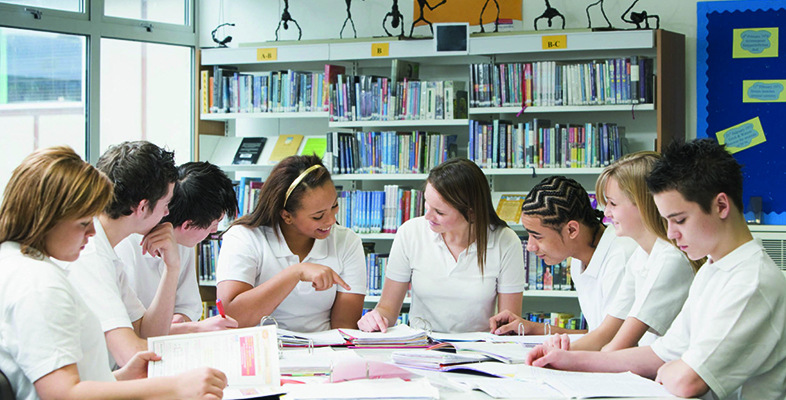1.1 Why do people learn mathematics?
Ward-Penny (2016) gives six reasons for mathematics featuring so prominently in school curricula across the world:
- Everyday mathematics and the development of numeracy: One of the fundamental purposes of mathematics education must be to ensure that all learners can apply basic skills of number and measure in commonplace situations.
- Preparation for work and vocational development: Many professions demand aspects of mathematics to be used as part and parcel of the job.
- Thinking skills – habits of mind and personal development: Learning and doing mathematics leads to good thinking habits and develops the brain in a unique and valuable way.
- Citizenship, democracy and social development: Mathematics education supports the growth of critical citizenship. It has the potential to develop a distinctively valuable set of tools that students can understand and use to interrogate many elements of the social and political worlds around them.
- Mathematics as an intellectual pursuit: An aim of mathematics education must also be the continuance of mathematics. Although there are different ways of viewing mathematics itself, it is always seen as an intellectual endeavour that can be considered as one of the crowning achievements of humanity.
- Mathematics as a gatekeeper: This is the most-often quoted reason for learning mathematics, which is very likely to be why Ward-Penny left it until last.
Activity 1 ‘Teacher, why do we have to learn this stuff?’
Part 1
Mathematics is a statutory part of most school curricula across the world. Which of the above reasons do you think would be the primary reason that governments legislate to ensure students learn mathematics?
| Example | The feature it is an example of e.g. everyday maths or an intellectual pursuit | Rank these examples according to the importance you place on them |
|---|---|---|
| Adults regularly use aspects of logical thinking in their organisation and decision making processes, doing mathematics can develop cognitive ‘muscles’ such as proportional reasoning, pattern-spotting and visualisation. Mathematics lessons have the potential to teach learners how to think, preparing them not only for specific everyday contexts or commonplace careers, but also for unexpected moments, and in preparation for jobs that do not yet exist. | ||
| Developing fluency with numbers by practising simple problems that have immediate applications, such as students being able to work out how many cans of fizzy drink or bars of chocolate they can buy with the cash they have. | ||
| Encouraging public interest in mathematics, and ultimately to ensure its continuation by bringing up the next generation of mathematicians. | ||
| Mathematics develops statistical understanding that allows learners to test and weigh up many political claims and can develop an understanding of probability that assists learners in making sense of risk, chance and prediction. By working mathematically students can build up a cognitive toolbox that can help them function as a full member of a modern, democratic society. | ||
| The reason that many people have for learning mathematics is that without a mathematics qualification they will be excluded from many professions. The higher the qualification in mathematics that someone has, the greater their earning potential. | ||
| Many professions rely on good mathematical knowledge. Nurses use formulae to calculate safe dosages; account managers use formulae when setting up spreadsheets; and special effects organisers use them to calculate safe distances when working with pyrotechnics. Thus practising writing and reading formulae is vital preparation for employment, since the ability to express relationships symbolically and work with algebra is essential in so many careers. |
Part 2
Consider a mathematics enthusiast, such as Eugenia Cheng or Marcus De Sautoy. Which of the above might they give as their primary reason for why people should learn mathematics? Use your preferred search engine to find out something about these two people and to explore further.
Now consider your own motivation. Why do you think that students should spend time learning mathematics? Try to give an honest answer. Should they spend so much of their young lives becoming numerate? Is basic numeracy really vital? Will you teach mathematics just because your students need to pass examinations? If you see there is more to mathematics than this, how will you help your students appreciate those reasons and see mathematics as important to them?
